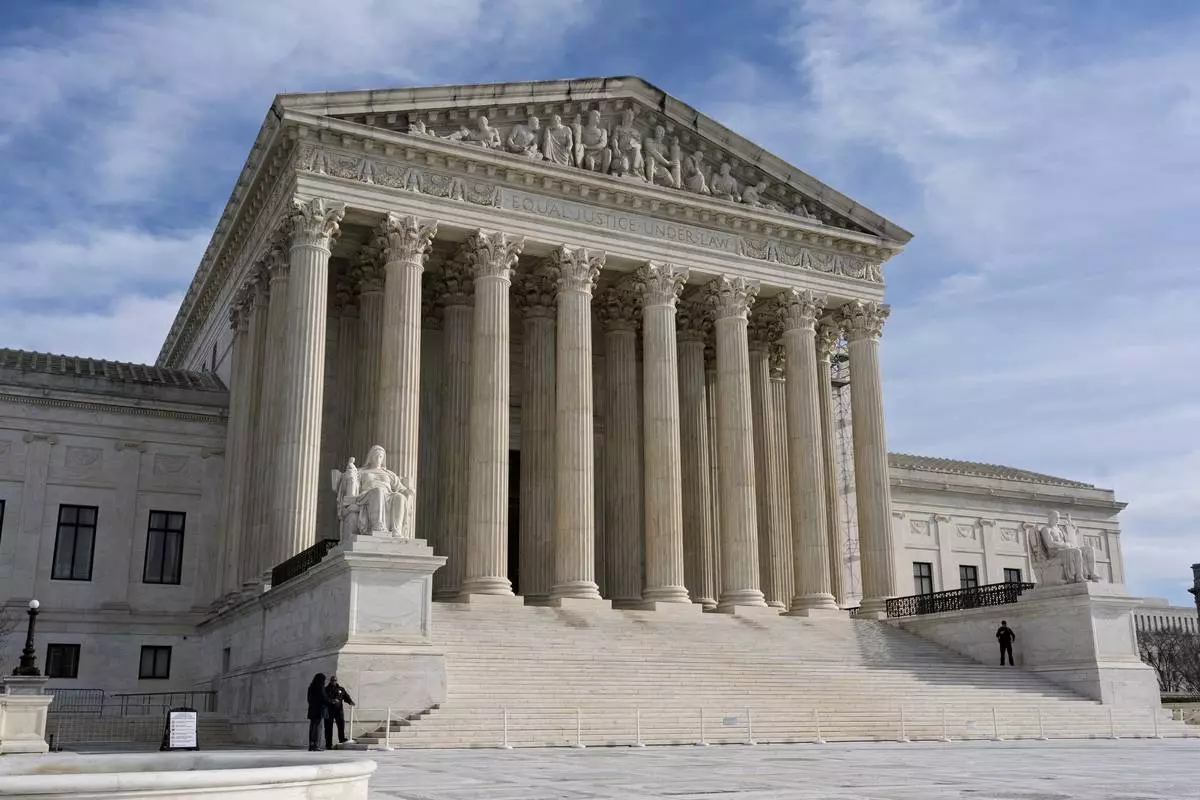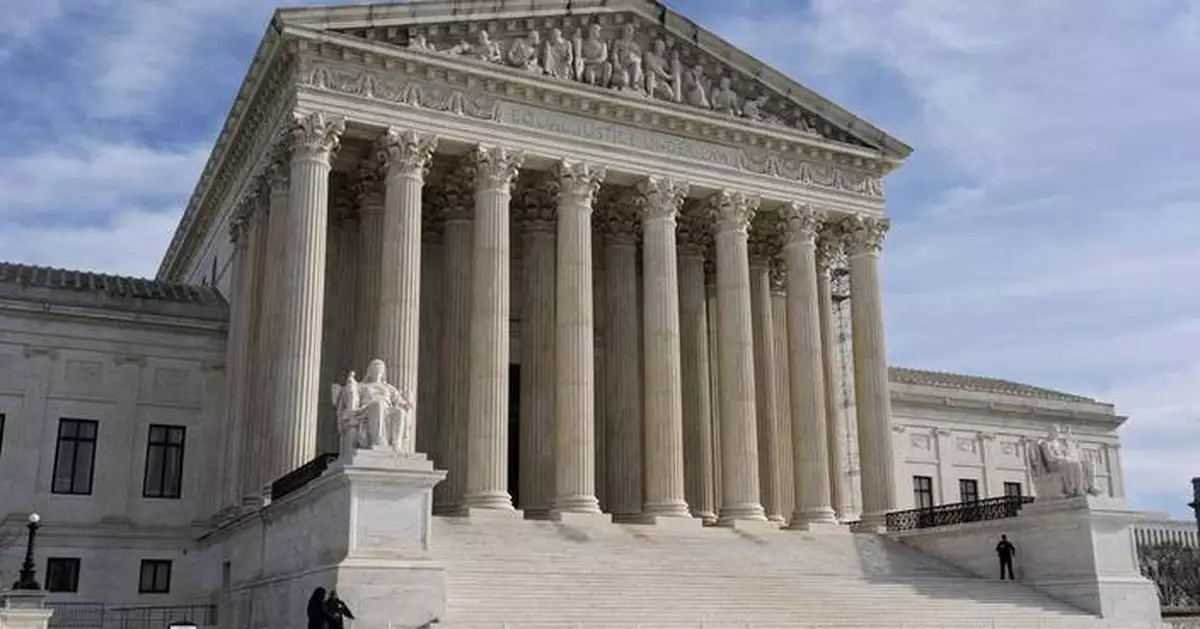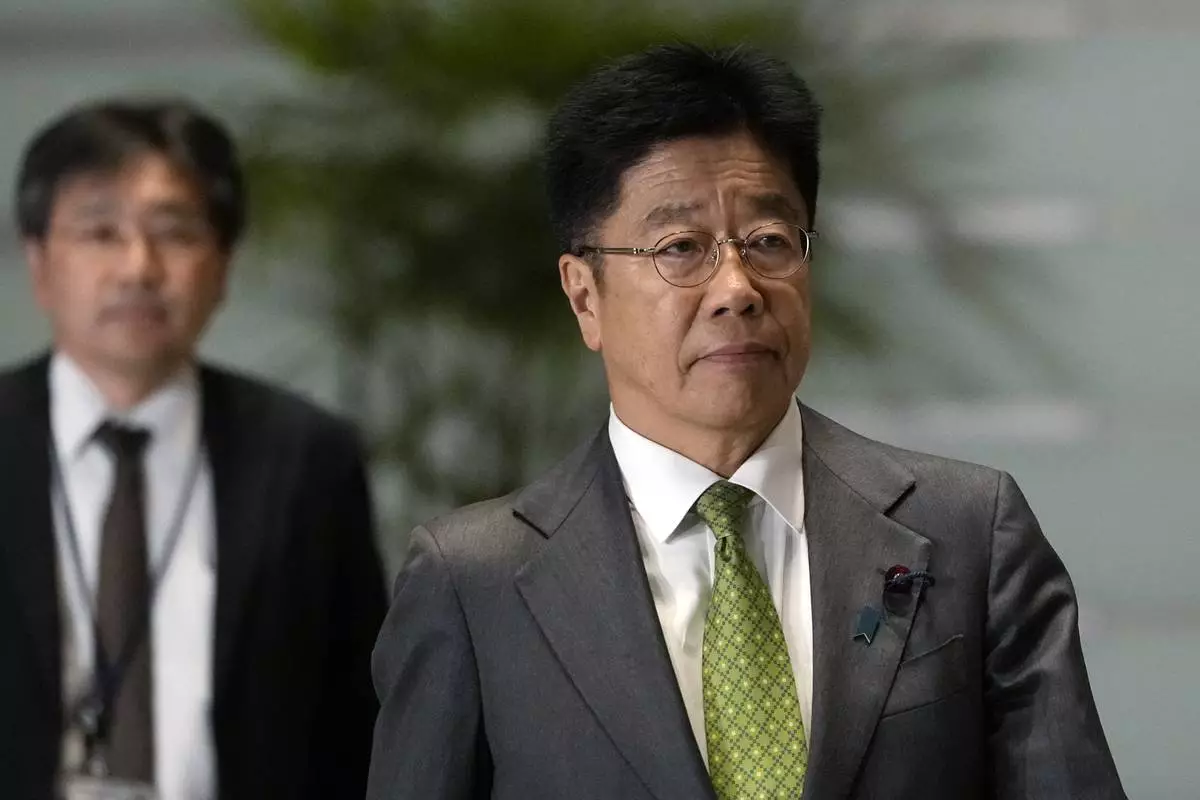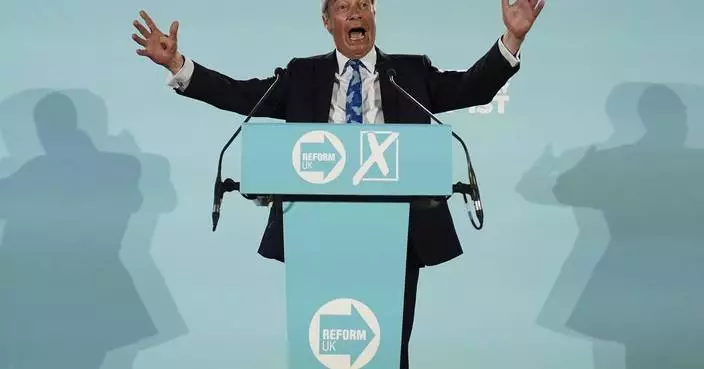WASHINGTON (AP) — The Supreme Court seemed likely to uphold a key preventive-care provision of the Affordable Care Act in a case heard Monday.
Conservative justices Brett Kavanaugh and Amy Coney Barrett, along with the court's three liberals, appeared skeptical of arguments that Obamacare's process for deciding which services must be fully covered by private insurance is unconstitutional.
The case could have big ramifications for the law's preventive care coverage requirements for an estimated 150 million Americans. Medications and services that could be affected include statins to prevent heart disease, lung cancer screenings, HIV-prevention drugs and medication to lower the chance of breast cancer for high-risk women.
The plaintiffs argued that requirements to cover those medications and services are unconstitutional because a volunteer board of medical experts that recommended them should have been Senate- approved. The challengers have also raised religious and procedural objections to some requirements.
The Trump administration defended the mandate before the court, though President Donald Trump has been a critic of the law. The Justice Department said board members don’t need Senate approval because they can be removed by the health and human services secretary.
A majority of the justices seemed inclined to side with the government. Kavanaugh said he didn't see indications in the law that the board was designed to have the kind of independent power that would require Senate approval, and Barrett questioned the plaintiff's apparently “maximalist" interpretation of the board's role.
“We don’t just go around creating independent agencies. More often, we destroy independent agencies,” said Justice Elena Kagan said about the court's prior opinions.
Justices Samuel Alito and Clarence Thomas seemed likely to side with the plaintiffs. And some suggested they could send the case back to the conservative U.S. 5th Circuit Court of Appeals. That would likely leave unanswered questions about which medications and services remain covered.
A ruling is expected by the end of June.
The case came before the Supreme Court after the appeals court struck down some preventive care coverage requirements. It sided with Christian employers and Texas residents who argued they can’t be forced to provide full insurance coverage for things like medication to prevent HIV and some cancer screenings.
They were represented by well-known conservative attorney Jonathan Mitchell, who represented Trump before the high court in a dispute about whether he could appear on the 2024 ballot.
Not all preventive care was threatened by the ruling. A 2023 analysis prepared by the nonprofit KFF found that some screenings, including mammography and cervical cancer screening, would still be covered without out-of-pocket costs.
The appeals court found that coverage requirements were unconstitutional because they came from a body — the United States Preventive Services Task Force — whose members were not nominated by the president and confirmed by the Senate.

FILE - The Supreme Court is seen on Capitol Hill in Washington, Dec. 17, 2024. (AP Photo/J. Scott Applewhite, File)




















































